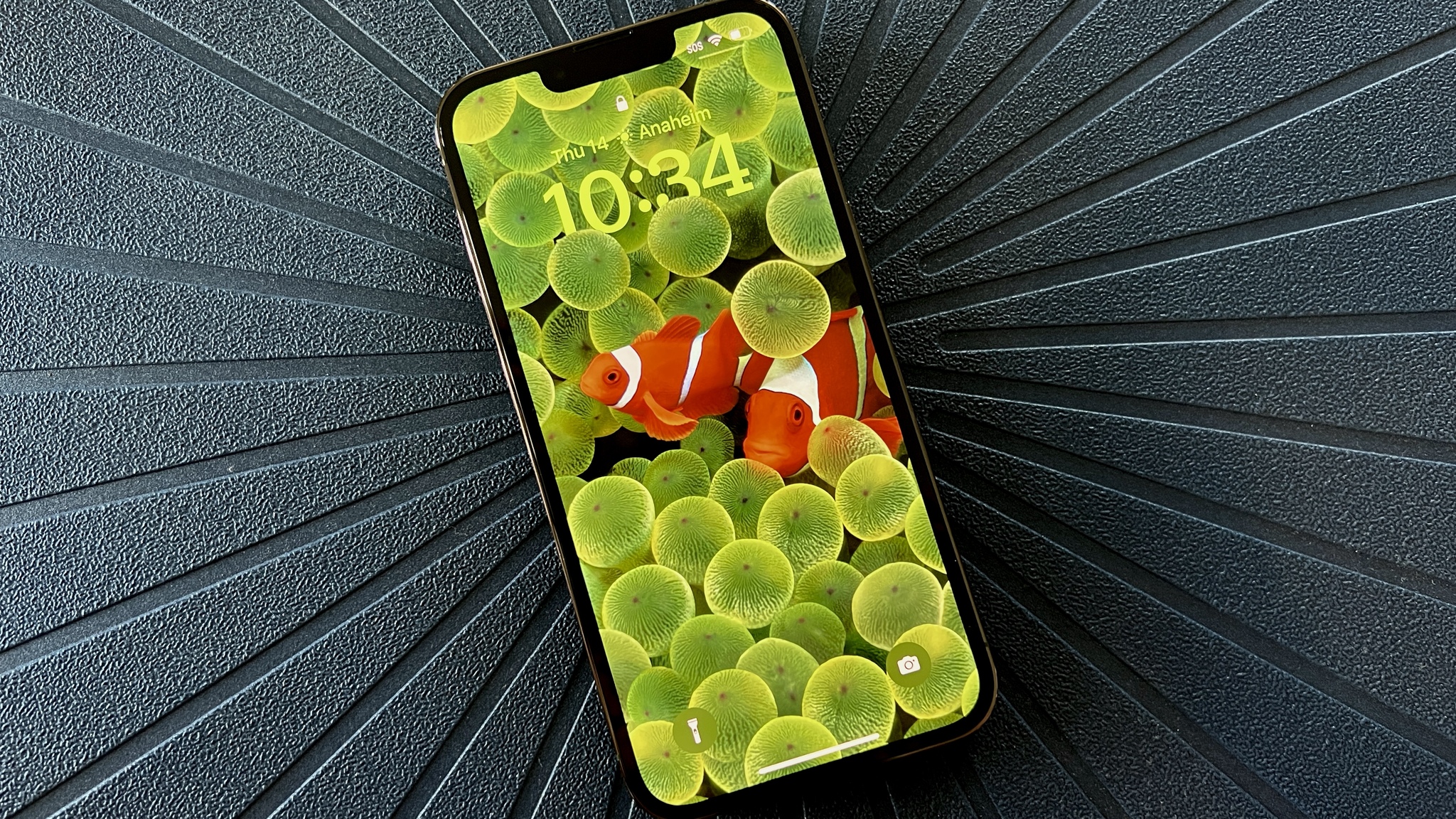
Apple has lost a legal battle with security firm Corellium after it claimed that the emulation of its iOS iPhone operating system constituted copyright infringement.
Apple first filed its lawsuit in 2019 and saw it dismissed in 2020 before appealing in 2021. Now, it's lost again.
However, while Apple has been told that the emulation of iOS wasn't copyright infringement, there could still be a case to answer over other aspects of what Correlium was doing.
Fair use
Reuters reports that the 11th U.S. Circuit Court of Appeals told Apple that emulating iOS fell under fair use, with Correlium furthering scientific progress in terms of security research. The company was emulating iOS on non-iPhone hardware to allow researchers to figure out whether there were any unknown security flaws.
"The appeals court rejected Apple's arguments that Corellium simply repackaged iOS in a different format for profit, harming Apple's market for its operating system and its security-research programs," Reuters reports. Corellium simply "opened the door for deeper security research into operating systems like iOS," the court said.
That doesn't mean that this is the end of the story, though. The appeals court did send the case back to the district court to consider whether or not Corellium infringed copyrights on Apple's icons and wallpapers.
We'd suggest that the best iPhone is a secure iPhone and that anything that can be done to help find bugs and security flaws is well worth doing. But Apple is no doubt concerned that emulating iOS, no matter for what reason, opens the door to iOS possibly finding its way onto other hardware in the future — including Android phones. Would you buy a Samsung Galaxy S23 Ultra instead of an iPhone 15 Pro if you could run iOS 17 on it, for example?
As for what comes next, that's up to Apple and the courts — Apple reportedly didn't respond to a request for comment when asked by Reuters.







